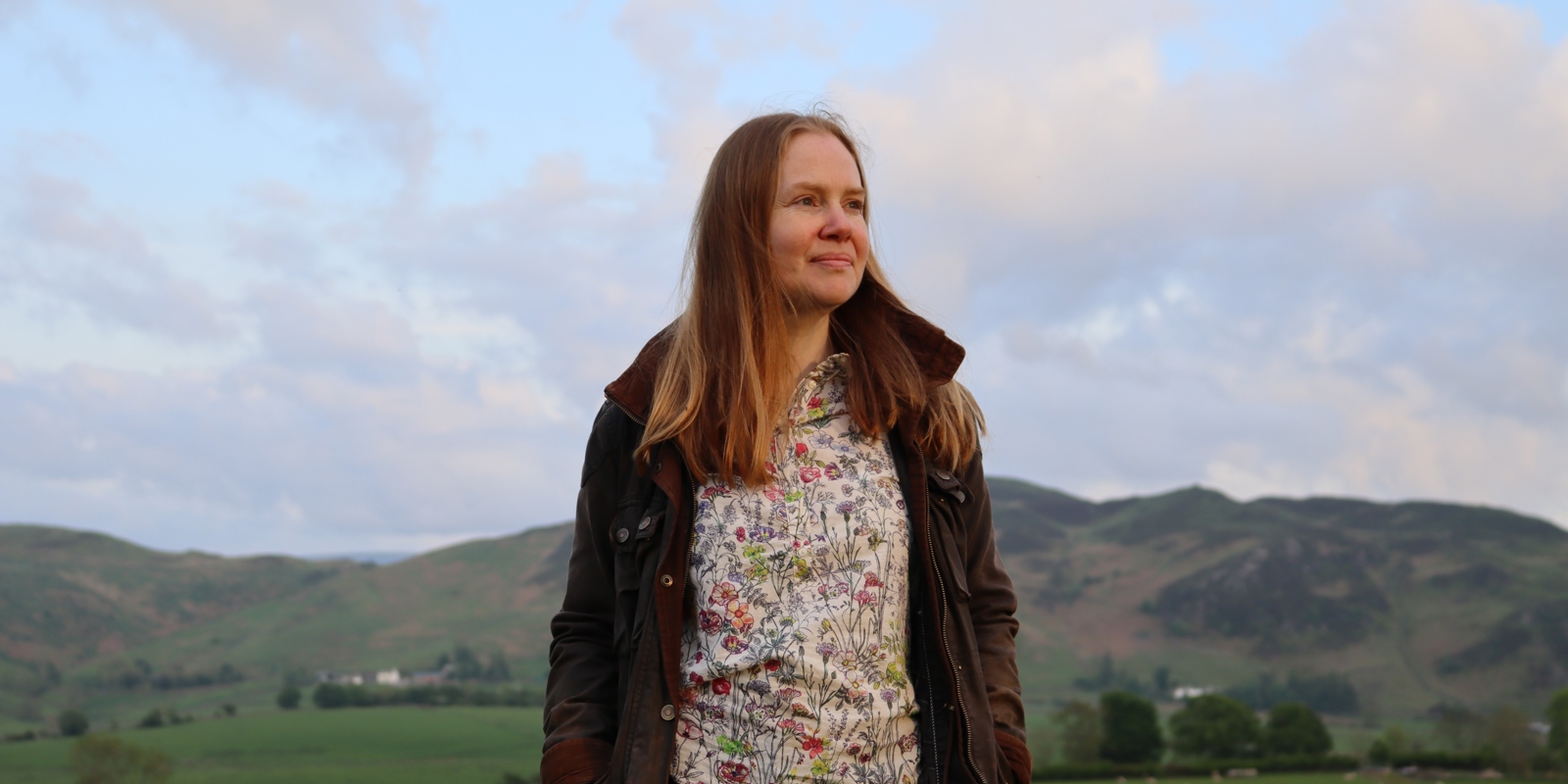Thinking about diversifying? Here are some things to consider

Wed 23 September 2020
The benefits of diversifying away from just traditional farming and into a rural enterprise are vast, particularly in a time of economic uncertainty. Farm Business Consultant, Mike Halliday, explains the points that you should be considering before diving into a diversification project.On-farm diversification is widespread and can take many different forms. Examples that immediately spring to mind include adding value to farm produce (direct/online selling); utilising farm assets (caravan storage, renewable energy, venue hire); agri-tourism (holiday lets, glamping pods, farm parks, pick-your-own pumpkins for Halloween) – the list is potentially endless. The above examples are wide ranging and require vastly different levels of time and investment, for example, the use of an existing shed for storing caravans may require no additional investment and limited management time, whereas the construction and running of a farm shop or farm park could require significant levels of investment and fulltime management.
The following points do not form an exhaustive list by any means, but are key things to bear in mind if you are considering a diversification project.

Understanding the market
It might be obvious, but it is vitally important to carry out some market research before investing money, time and effort into a project. Is there a demand for what you plan to offer? Are you located close to a market or are you planning to be a ‘destination’? What are your Unique Selling Points? Do you have competition?
Change of use/planning permission
It is important to remember that some projects will require planning consent or change of use. For example, transforming a traditional farm building into a farm shop will need change of use from agricultural to retail; it will likely require planning permission, building warrants and a plethora of other consents and certificates (including a bat survey) before building works can even start.
Tax
Diversifications can alter the tax status of a business and individual farm assets. It is strongly advised that you undertake early discussion with your accountant Who is going to look after the diversification or existing business? One of the classic errors with diversifications is the lack of thought in relation to who is going to run the diversification and the existing business. All too frequently, someone will start a diversification project and commit significant amounts of time and energy to it, only to see the agricultural business suffer. It is important that you have the right person with the right skill set in the right place. That may involve employing someone to manage the diversification or alternatively the agricultural business; look at what is the best fit for you.
Funding
Diversifications can require significant levels of funding. Can this be done from cash reserves? Will a loan be required? Are there any grants available? A business plan and budget are essential to understanding the upfront capital investment and then cashflow going forward. If you plan to borrow money or apply for grants, a business plan is a pre-requisite.
Agricultural tenancy considerations
If a tenant farmer is looking to diversify on the let farm, there are several essential considerations. A Diversification Notice may need to be served on the landlord – this will require a detailed business plan; will there be any Tenants Improvements to register? What effect will the diversification have on farm rent?
With so much to consider, and high stakes, diversification can be a daunting, as well as an exciting option. youngsRPS have significant experience assisting farmers and landowners with diversification projects and would be delighted to talk to you regarding any projects that you may be planning.







Share this with
Email
Facebook
Messenger
Twitter
Pinterest
LinkedIn
Copy this link